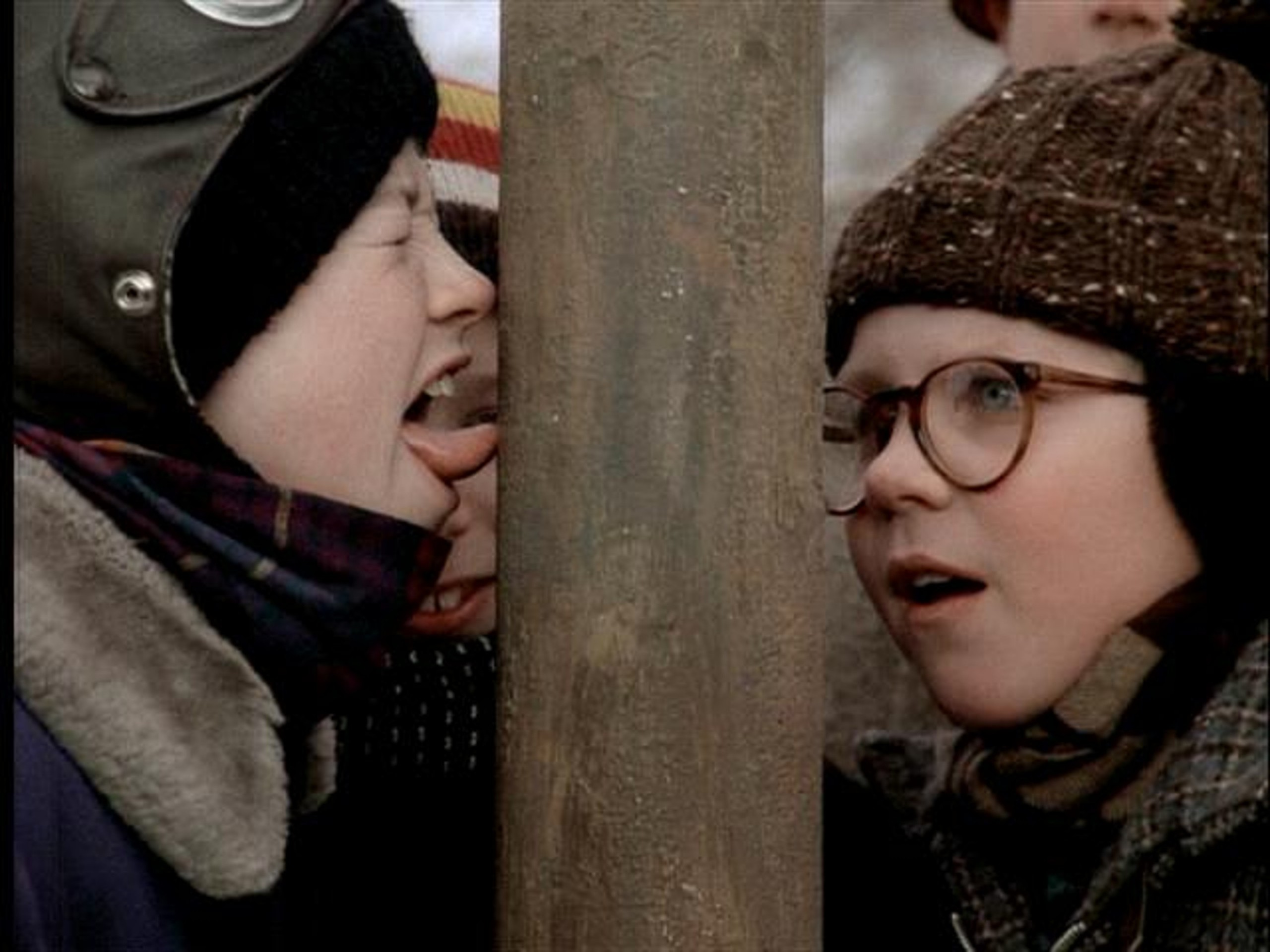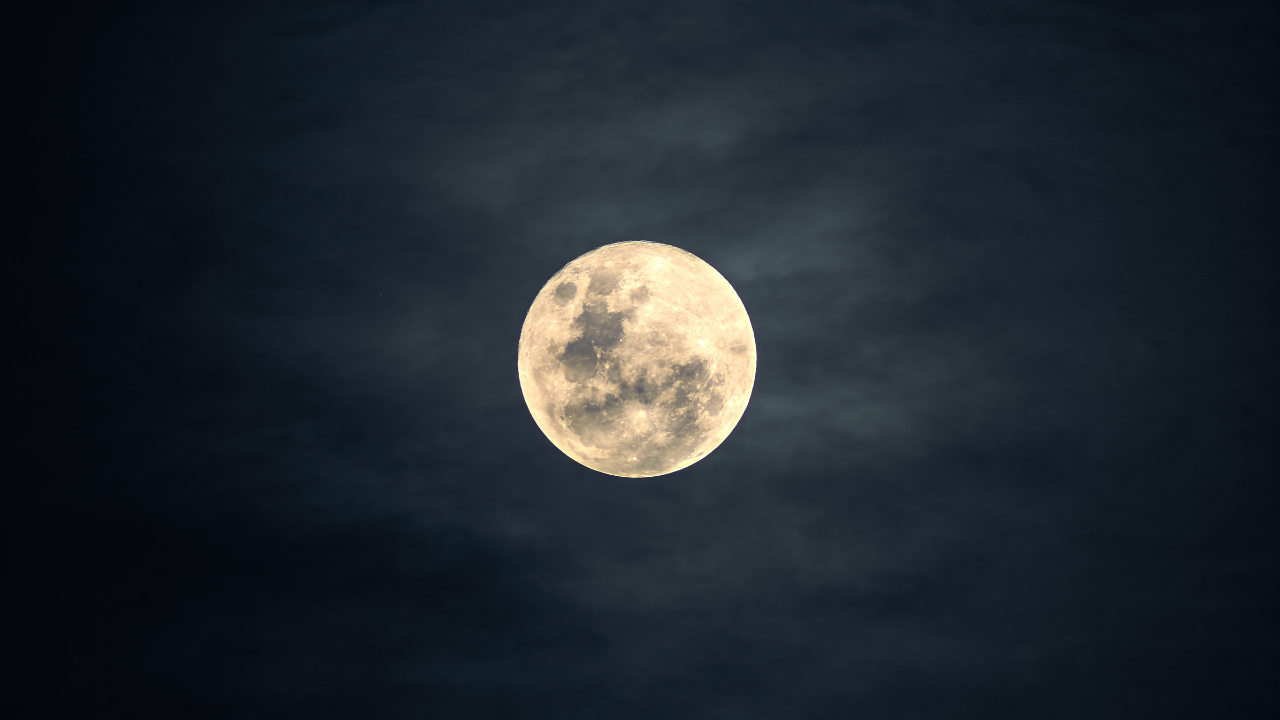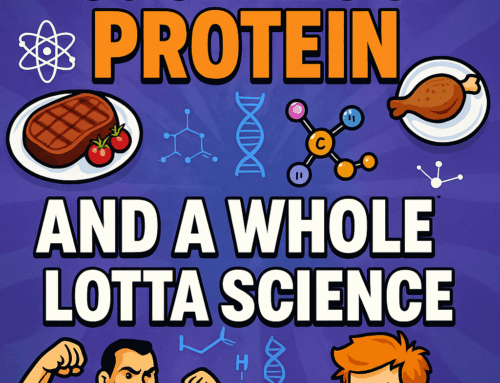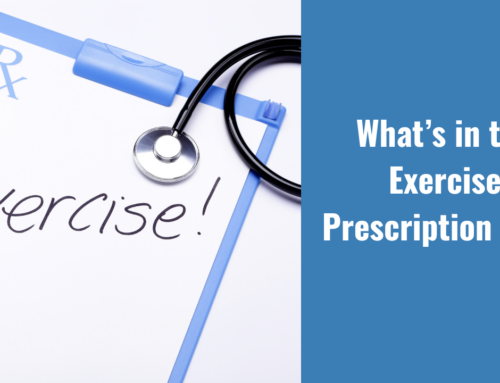One thing I love about my friends is the questions they ask.
This past Spring, a friend asked a great question that I could not get out of my brain.
After a crazy Day 2 of “The Process” put on by the Special Forces Experience, Jess, myself, and others were relaxing for a bit that night. As usual, we were having a great conversation, and Jess asked what I thought about the moon and its effect on human behavior.
What do you think, dear reader? I bet you have a strong reaction either way. You may be in the hardcore science camp that says I should pull my head out of my ass as there is clearly no evidence the moon affects anything (except werewolves, of course).
Maybe.

What about tides, then? They follow the lunar day since they are affected most by the moon’s gravity. So there’s another camp that believes the moon does indeed affect people’s behavior. I will bet you are a first responder, cop, paramedic, ER doc, health care worker, etc., and have seen firsthand all the crazies who come out when there is a full moon.
Many moons ago. I worked as Ski Patrol, and Saturday afternoons and evenings were insane most of the time. More than once during the full moon, random two plankers that were nuttier than squirrel shit could not stop and would run into buildings. No joke.
Or two kids convince another kid to see if his tongue would stick to the metal thinger that holds the skis up when you go inside. Guess what – it does!

Or two kids convince another kid to see if his tongue would stick to the metal thinger that holds the skis up when you go inside. Guess what – it does!
Based on my experience, I was conflicted on how to answer. My science brain said there is no way the moon affects human behavior. But my experience said otherwise. Contrast that by the errors of human memory and our inherent bias when we view anything in the past, and I wasn’t sure.
What to do?
Get thee to PubMed ASAP, of course!
Science bitches!
Like a good nerd, I scoured the research for any studies investigating the effect of the moon on ER visits. As far as studies were concerned, this is an “easy” study to run.
Guess what I found?
I found studies! (1-12)
Plus, to fact-check myself, I had the Iron Intern Paul – yes, he really is doing his internship with me, poor bastard, do an analysis without my input. It turns out, we reached the same conclusion.
A word of caution — all the studies were retrospective (looking back in time) with different test populations and relatively small sample sizes/ time periods. This is not the thing NIH is going to fork out millions of dollars for, I guess.
The most common population studied was those with psychiatric events. Out of nine of the studies, only one claimed a positive correlation between a full moon and an increase in emergency room (ER) visits (7).
That study by Zargar et al. 2004, showed a slight increase in visits to the psychiatric ER during full moon periods that was not statistically significant during one out of three of their assessment methods (7).
Bear with me as we go down the nerd chute. They cited a meta-analysis indicating a positive correlation between ER visits and the full moon that concluded few statistically significant relations. However, the effect size estimates showed that phases of the moon accounted for no more than 1% of the variance in activities usually termed lunacy (10). Hahaha, they said lunacy.
In English, it may have passed the stats test, but a 1% change is nothing to write home about, much less base decisions on.
Another referenced article claims that “our results are contrary to the lunar hypothesis” and report that there is a direct contradiction between the moon on human behavior (11).
One study done by Wang RR, et al. in 2020 using a retrospective analysis (again) found that psychiatric admissions for schizophrenia did correlate with the moon. However, this was only in schizophrenia patients and during the first quarter, followed then by the full moon. Maybe we should be looking out for whack-a-dos during the first quarter of the year and not the full moon?
While this is not a full literature review, by any means, most of the current data support the hypothesis that the moon is not greatly affecting hospital admissions. You are now safe to roam around during the full moon. No need to stay in your underground bunker.
References:
Drobatz, K. J., Syring, R., Reineke, E., & Meadows, C. (2009). Association of holidays, full moon, Friday the 13th, day of week, time of day, day of week, and time of year on case distribution in an urban referral small animal emergency clinic. Journal of veterinary emergency and critical care (San Antonio, Tex. : 2001), 19(5), 479–483.
McLay, R. N., Daylo, A. A., & Hammer, P. S. (2006). No effect of lunar cycle on psychiatric admissions or emergency evaluations. Military medicine, 171(12), 1239–1242.
Duvdevani, S. I., Migirov, L., Wolf, M., & Yakirevitch, A. (2014). The rate of spontaneous epistaxis is not linked to the lunar cycle but shows seasonal variations. Chronobiology international, 31(7), 851–854.
Thompson, D. A., & Adams, S. L. (1996). The full moon and ED patient volumes: unearthing a myth. The American journal of emergency medicine, 14(2), 161–164.
Polychronopoulos, P., Argyriou, A. A., Sirrou, V., Huliara, V., Aplada, M., Gourzis, P., Economou, A., Terzis, E., & Chroni, E. (2006). Lunar phases and seizure occurrence: just an ancient legend?. Neurology, 66(9), 1442–1443.
Kazemi-Bajestani, S. M., Amirsadri, A., Samari, S. A., & Javanbakht, A. (2011). Lunar phase cycle and psychiatric hospital emergency visits, inpatient admissions and aggressive behavior. Asian journal of psychiatry, 4(1), 45–50.
Zargar, M., Khaji, A., Kaviani, A., Karbakhsh, M., Yunesian, M., & Abdollahi, M. (2004). The full moon and admission to emergency rooms. Indian journal of medical sciences, 58(5), 191–195.
Kamat, S., Maniaci, V., Linares, M. Y., & Lozano, J. M. (2014). Pediatric psychiatric emergency department visits during a full moon. Pediatric emergency care, 30(12), 875–878.
Kong, V. Y., Keizer, A. A., Donovan, M. M., Weale, R. D., Rajaretnam, N. S., Bruce, J. L., Elsabagh, A., & Clarke, D. L. (2021). The correlation between full moon and admission volume for penetrating injuries at a major trauma centre in South Africa. South African journal of surgery. Suid-Afrikaanse tydskrif vir chirurgie, 59(3), 94–96.
Rotton, J., & Kelly, I. W. (1985). Much ado about the full moon: a meta-analysis of lunar-lunacy research. Psychological bulletin, 97(2), 286–306.
11. Gorvin, J. J., & Roberts, M. S. (1994). Lunar phases and psychiatric hospital admissions. Psychological reports, 75(3 Pt 2), 1435–1440.
12. Wang RR, Hao Y, Guo H, Wang MQ, Han L, Zheng RY, He J, Wang ZR. Lunar cycle and psychiatric hospital admissions for schizophrenia: new findings from Henan province, China. Chronobiol Int. 2020 Mar;37(3):438-449. doi: 10.1080/07420528.2019.1625054. Epub 2020 Apr 7. PMID: 32252567.
Rock on!

Dr. Mike T Nelson

Dr. Mike T Nelson
PhD, MSME, CISSN, CSCS Carrick Institute Adjunct Professor Dr. Mike T. Nelson has spent 18 years of his life learning how the human body works, specifically focusing on how to properly condition it to burn fat and become stronger, more flexible, and healthier. He’s has a PhD in Exercise Physiology, a BA in Natural Science, and an MS in Biomechanics. He’s an adjunct professor and a member of the American College of Sports Medicine. He’s been called in to share his techniques with top government agencies. The techniques he’s developed and the results Mike gets for his clients have been featured in international magazines, in scientific publications, and on websites across the globe.
- PhD in Exercise Physiology
- BA in Natural Science
- MS in Biomechanics
- Adjunct Professor in Human
- Performance for Carrick Institute for Functional Neurology
- Adjunct Professor and Member of American College of Sports Medicine
- Instructor at Broadview University
- Professional Nutritional
- Member of the American Society for Nutrition
- Professional Sports Nutrition
- Member of the International Society for Sports Nutrition
- Professional NSCA Member









Leave A Comment